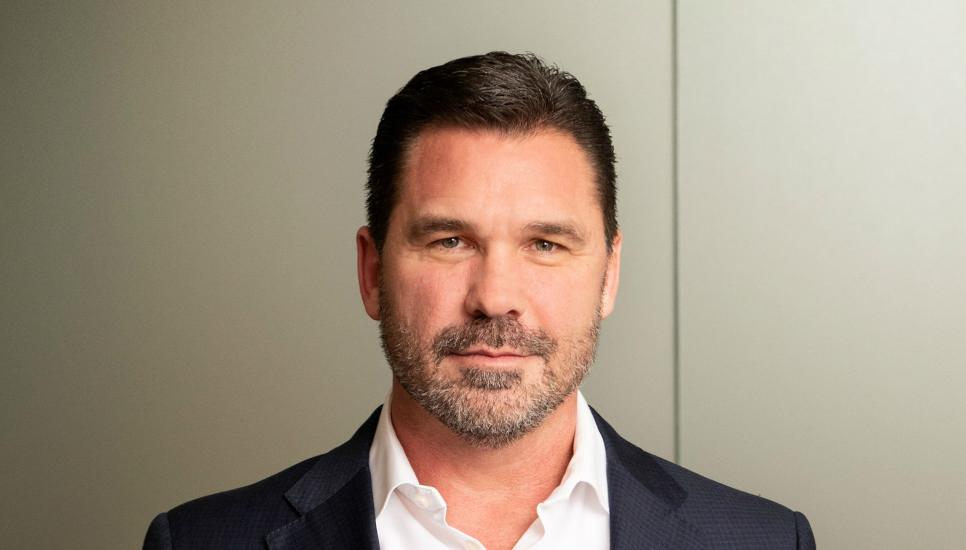The big shifts in family office succession and recruitment for 2020

Effective communication between generations is essential for family business longevity and succession, and it’s never too late for families to start, says Ron LaVelle, a trusted adviser to ultra-wealthy families in the Bay area at Seiler LLP.
LaVelle tells CampdenFB how families can get the basics right, from professionalising the family business and setting up the family office, to hiring and keeping the right people.
What trends are you seeing in family office governance and professionalisation?
On the family governance front, we’re seeing a move toward increased communication throughout the family ecosystem. This is enabling the families to be better informed and create a deeper dialogue across the generations. This is a big shift from what happened previously. This increased information and dialogue in turn creates a greater engagement, especially for the younger generations. One can contrast this democratised access to information with what we saw in years past, where a lack of information by the matriarchs and patriarchs led to a lack of engagement by the other family members. We think this is very a positive trend.
In general, the more structure families put around their governance environment, the more the family benefits. Families are starting to realise that treating their internal family operations and governance with the same decorum and formality as corporate governance structures makes a lot of sense. We’re talking about things like regularly scheduled family business meetings, creating clearly defined roles and responsibilities, circulating meeting notes and minutes afterward, etc.
 What is your advice for families wanting to plan succession?
What is your advice for families wanting to plan succession?
This is an age-old question—how to transfer wealth successfully from one generation to the next. In our experience, it almost always boils down to a couple of key cultural dynamics within a family: committing to effective communication between the generations, and establishing a family’s mission statement and set of overall goals for its wealth that the different parties agree to. The purpose of the family’s wealth is something that should be discussed early and often, especially with younger members of the family. Some families use philanthropic projects as a way to educate and engage family members from an early age. No matter the topic of discussion or the nature of the project, approaches that help the different generations connect to the purpose of the family’s wealth tend to be more successful. And it’s never too late for families to start doing this, even if the “next generation” is itself close to retirement. The important thing is to keep the conversation going.
One critical aspect to all of this activity is trust. Families who work at and are committed to creating an environment of trust and strong communication have an easier time accomplishing their goals. This may sound elementary, but it takes some skill, time, and commitment to create this type of environment. In addition to succession planning advisers, we think that specialists in family dynamics are also helpful in this arena.
 What are the basics a business family of sustainable wealth needs when setting up their family office?
What are the basics a business family of sustainable wealth needs when setting up their family office?
A family office is a unique structure, and the perspective we’re coming from isn’t the boutique, bespoke investment management infrastructure that is often called a “family office.” We define the family office as the financial and administrative infrastructure of the family itself—its back office, if you will.
No two family offices are alike. Period. And with the formation of a family office, the key is understanding what the objectives of the family are, which are again tied back to the family’s vision of what the purpose of their wealth is. For example, if the family’s mission is a philanthropic one, they will need to acquire the right intellectual capital around philanthropic planning, structuring, and administration. If the family is focused on growing its wealth through investing, then investment IQ will be a focal point when building the family office team. It’s about putting the right skill sets to the right purposes.
Families hiring permanent staff for the family office team often come across seemingly qualified individuals who claim to have “family office” experience. However, it is important to dig deeper and determine what kind of work they actually did. We have done a fair amount of hiring and team building ourselves over the past two decades, and we’ve come to understand that the term “family office” means a lot of different things to a lot of people. Look deeper at the candidate’s experience, skills and qualifications, network, and career trajectory. Does the person have what it takes to help the family accomplish its goals? This is the lens families need to use.
 How are family offices attracting and retaining the best talent for their family offices?
How are family offices attracting and retaining the best talent for their family offices?
Hiring and retention for family offices is starting to reflect other larger employer best practices. We find that family offices that focus on providing employees the opportunity to add value to the organisation at the individual level do very well. Of course, competitive compensation is important, as are other benefits like long-term incentive plans and other ancillary benefits like home loan packages. We’re also seeing a trend that involves family office employees being allowed to personally participate with their own money in some of the family’s investment strategies.
We’re seeing increased outsourcing of specific family office functionalities to third parties and boutique advisors, which can have a positive impact on the daily experience for permanent family office employees. Because the specialists are taking care of certain things, full-time family office employees can focus on tasks and roles that are much better aligned and suited to their specific strengths and skills, making for a more meaningful, challenging and exciting work experience.
We hope that in 2020 and beyond, family offices will increasingly turn their attention to creating advancement opportunities within the family office structure itself. This offering of advancement opportunities would be best complimented by also providing skills development and training resources to employees, which in turn would lend to longer tenures and higher employee satisfaction.
 Are families hiring more specialists on staff permanently or hiring specialists short-term for specific projects only?
Are families hiring more specialists on staff permanently or hiring specialists short-term for specific projects only?
This is a huge trend that didn’t exist a few years ago. Access to sophisticated, skilled specialists in the family office arena has dramatically increased over time. Whereas before a family office might have asked if a specific expertise even existed, now we’re seeing full-fledged consultancies, many of which have very niche and specific expertise areas. There is a brand new class of advisers family offices can now take advantage of to complement their existing internal family office structure. And these consultants are becoming integral to the broader family office function for many families. They’re calling this extended infrastructure the “virtual family office.”
As an example, we’ve worked with consultants who specialise only in helping families find privately owned private jets for lease by other owners, who can negotiate contracts and pricing to help the family meet their private travel needs without having to purchase aircraft outright. If families want a very specific kind of philanthropic advice, chances are there are several options of consultants and advisors to choose from on an as-needed basis.
 What is your advice for the family office space for 2020?
What is your advice for the family office space for 2020?
As we look to 2020 and beyond, one big shift we could see happening that would really benefit this space on an industry level is finding ways for different family offices to collaborate with each other. This may sound a little odd, but what we often see is that everyone is recreating the wheel privately and in a vacuum of other advice. Of course, prior to now, there really was only one option: to build things yourself from the ground up. We’re asking if there could be a different way to do this. What if there was some sort of best practices dialog between family offices so that they could share efficiencies, ideas, and other synergies in a confidential but collegiate way? We think there can be a way for family offices to do this, to share their knowledge and receive insights back to make their operations more effective. The topic areas we see could be easily addressed are things like family office chief investment officer and chief financial officer job descriptions and roles, IT infrastructure dos and don’ts, top recommended software lists and reviews, and standard operating procedures, among others.
Armed with well-understood best practices, families could then create leaner, more efficient family office structures more quickly and more confidently. This would of course be supported by the broader community of the various family office specialists and advisers now accessible to these teams. And we can see many places where advisers themselves can share information on how families can get started or refine their infrastructures. This is an area my team works very diligently at—how to provide higher levels of education to family offices and our fellow advisers on best practices.
The views expressed here are the author’s own and do not constitute advice or necessarily reflect the opinions of Seiler LLP or its affiliates.






